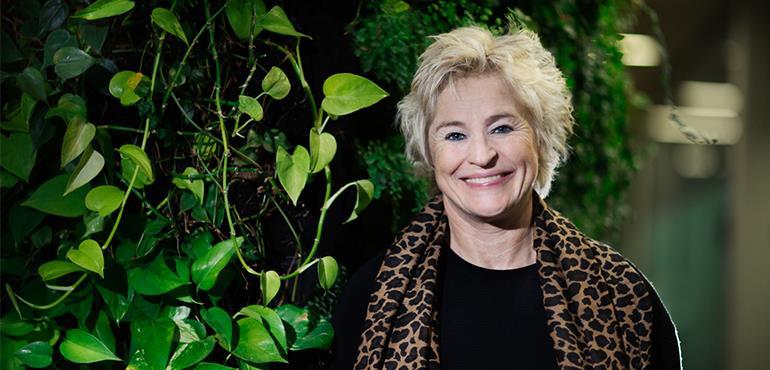
Deconstructing prejudice perks up business
Our brain is under constant pressure. We are constantly receiving a massive influx of stimuli that our brain tries to organise in a meaningful way. Everything we have previously learnt and experienced guides this process, and most of this happens without us even being aware of it.
In practice, our subconscious classifications can become visible, for instance, if we think of a surgeon and see an image of a man in our mind. Or correspondingly, if we think of a nurse and see a woman. This may happen even if we consciously understand that women and men can be both surgeons and nurses, and gender doesn’t define the ability to carry out each of these tasks. However, our unconscious preconceptions of other people can be activated in recruitment situations, for instance. In the worst case scenario, the applicant’s name, gender and age can affect whether the applicant is called in for an interview.
“Most often, this automatic classification conducted by the brain helps us survive in daily life, which makes it a beneficial thing. But it can lead also to us creating negative preconceptions and stereotypes, which may result in us making bad decisions,” says Britt Nilsen, Head of Sustainability at Schibsted Media Group.
Nilsen visited Finland in late November and coached Alma Media’s employees about unconscious biases.
Preconceptions on the path of career development
According to Nilsen, Schibsted started to systematically approach unconscious biases after the 2017 reorganisation, when it was noticed that in two new business divisions managerial positions were mostly filled by men. The company set a goal of increasing the amount of women in leadership positions, and started organising unconscious bias workshops for people working in HR or managerial roles. Due to the actions taken, the number of women in the management has clearly increased in a couple of years.
“This doesn’t mean that only men had biases. Women, too, often evaluate their expertise and that of other women differently than men. For instance, women may not apply for a position if they don’t feel that they are 100 per cent competent. On the other hand, men might boldly apply for a position if they feel that they meet only 60 per cent of the requirements,” describes Nilsen.
Since then, the company has launched a programme that aims at deconstructing harmful biases. In practice, this can be seen as increased attention to the phrasings in job advertisements, for instance. In addition, the company initiated a series of coaching sessions where the employees were led to notice stereotypes related to gender, for instance.
As a result of these actions, the share of women in senior management has started to grow, and it’s currently approximately 40 per cent. Nilsen sees that breaking harmful preconceptions and women entering top management produces clear advantages.
“The more diversity companies have, the more innovative they are and the better results they achieve,” says Nilsen.
Away from harmful groupthink
In addition to gender, harmful preconceptions and restrictive biases can be connected to a person’s age, ethnic background, education and being an introvert or an extrovert. According to Nilsen, deconstructing all kinds of biases is important because it promotes all kinds of voices being heard.
From companies, Nilsen demands openness, dialogue and a culture of inclusion where everyone’s abilities are taken into account. This way, as many people as possible can feel like their voices are heard, and no one will be the victim of unfounded preconceptions and be dismissed in meetings, for instance.
“Naturally, supervisors bear a great responsibility for this but we all can promote a culture of inclusion. This happens, for instance, by becoming more aware of our own unconscious biases, by supporting colleagues from minorities, listening to everyone’s opinions properly and always founding decisions on facts instead of emotions.”
You can question your own unconscious biases with simple exercises. For instance, you can find tests developed by top scientists online. You can use them to explore your own possible prejudice related to not only gender, age and ethnic background but also weight and disability, for instance. According to Nilsen, the results of the exercises surprise most of us.
And what would Nilsen say to those who think that there has been way too much public discussion about the position of minorities, gender quotas and prejudice?
“A culture of inclusion benefits everyone because it makes workplaces flourish, which again translates into better results. The society around us is diverse, which must also be reflected at places of work,” Nilsen summarises.
- Published: 20.12.2019, 00:00
- Category: News